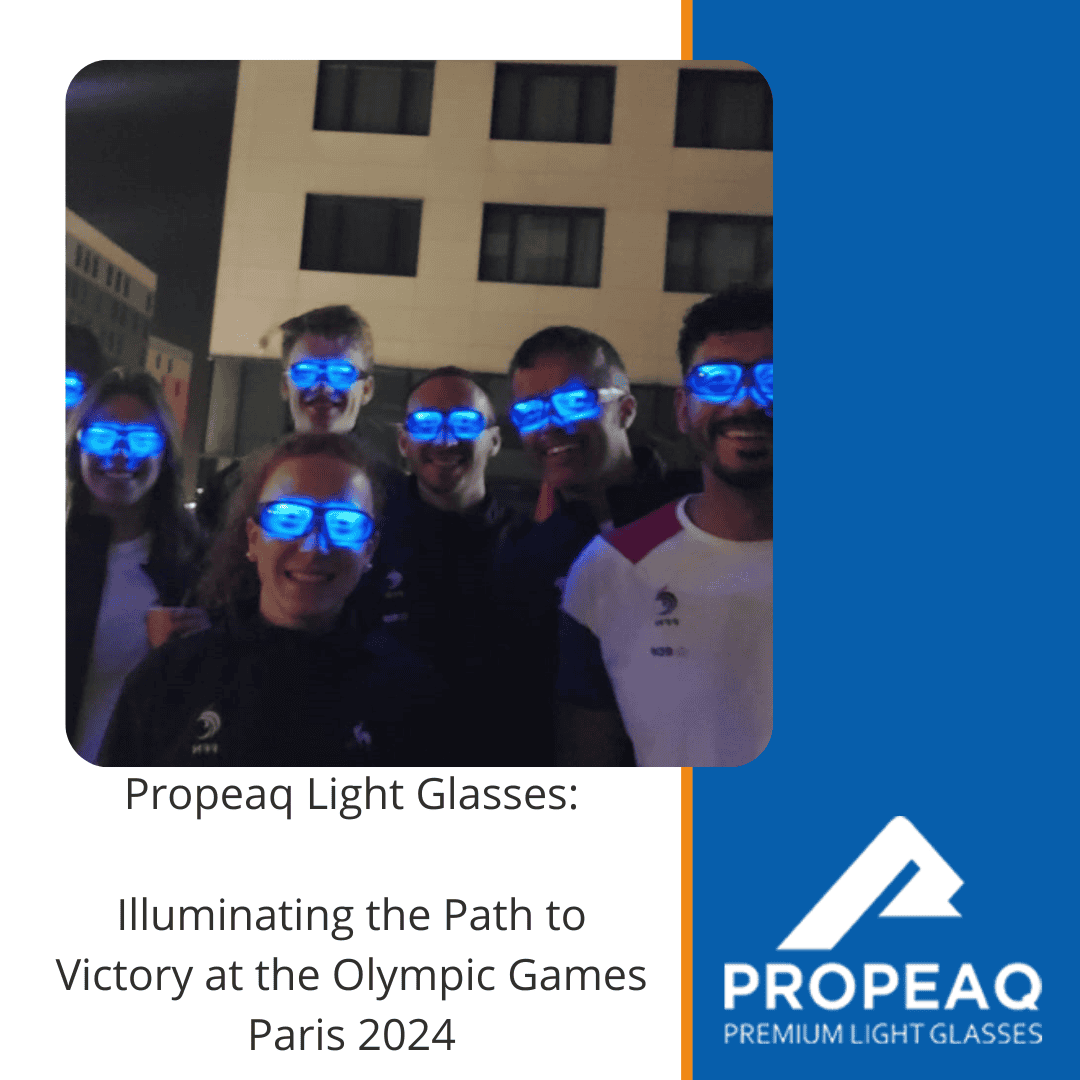The human body is controlled by rhythms. These rhythms respond to various factors such as the amount of daylight we perceive and what we eat and drink during the day. The studies that focus on this fall under the heading of chronobiology.
By learning to better understand these rhythms, we can remedy and prevent disorders. In short, chronobiology allows us to treat disturbances prior to a change in this rhythm, or as a result of a change in this rhythm.
What is the circadian rhythm?
Our bodies function on the circadian rhythm. This is a 24-hour rhythm that aligns with the Earth’s rotation and is controlled by the Suprachiasmatic Nucleus (SCN). This SCN influences our body temperature, our sleep-wake rhythm and hormone balance.
In principle, the circadian rhythm is controlled by light. Receptors in the eyes sense this and send signals to the SCN. These activities are associated with hormonal and energy fluctuations, the release or absorption of sugars into the blood and the rise and fall of cellular metabolism.
Circadian Sleep Disorders
A circadian sleep disorder is a disruption of a body’s internal clock. The body can no longer keep the physical rhythm in sync with the environment. Those who experience such a disorder may suffer from the following symptoms.
Chronic sleep disturbance such as waking up frequently, having trouble falling asleep, or waking up too early.
Waking up tired because the sleep quality is not sufficient.
Insomnia and being tired during the day.
Common Circadian Sleep Disorders
Delayed Sleep Phase Syndrome
With VSFS, the sleep-wake cycle starts at least two hours later than what is considered typical. This usually occurs in adolescents and younger adults (up to 7-16 percent) and is associated with ‘night owls’ who typically stay awake until the early morning hours and can sleep into the afternoon.
Shiftwork Sleep Disorder
This is often experienced by those who work night shifts or early morning shifts. It is associated with feelings of sleepiness at work and an inability to sleep during the day and early evening when most others are awake. People who prefer daily activities (during the day) can be especially vulnerable, as their natural tendency is to be awake during the day and sleep at night.
jet lag
Flights flying through multiple time zones can cause a condition commonly known as jet lag, in which a person’s internal clock must reset itself relative to the local time. Symptoms of jet lag include difficulty falling and staying asleep and daytime sleepiness. Jet lag sufferers can experience symptoms for up to a week or two after traveling.
Solutions for sleeping problems
Sleeping problems can often be treated well without underlying medical conditions. A tightly regulated sleep-wake rhythm is an example of how you can improve your sleep and reduce sleeping problems.
In addition, sleep hygiene is very important. Make sure you sleep in a quiet, dark room. This helps to reduce stimuli so that you can sleep more easily, more deeply. In addition, the room temperature is important. Around 18 degrees Celsius is ideal, not too hot and not too cold.
Source: www.chronobiology.com












